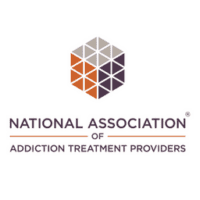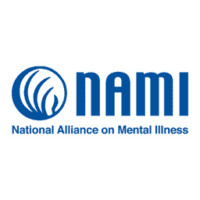Synthetic Cannabinoids (Spice, K2) Addiction & Treatment


Because they are not illegal and readily available, the use of synthetic cannabinoids has been steadily increasing since the 2000’s. Like many other street drugs, they are not regulated and can be very dangerous.
Synthetic cannabinoids are mind-altering chemical compounds made in a lab to mimic the naturally-occurring cannabinoid compounds found in the marijuana plant. These chemicals are then sprayed onto dried plant matter to be smoked, or added to a liquid base which is then vaporized in e-cigarettes or other devices and inhaled.
These substances have developed a reputation as “fake marijuana” or a safe alternative to marijuana.
However, this is misleading, as these chemicals often have a more powerful effect than naturally occurring cannabinoids, and a lack of regulation makes their purity and potency less predictable. For several years synthetic cannabinoids were sold in places like headshops, tobacco shops, and gas stations.
In 2011, the DEA made drugs containing several of these chemical compounds illegal, but new compounds keep popping up, making the drugs difficult to regulate and even harder for the user to know what they are getting.
Synthetic Cannabinoids go by street names as well as various brand names, including:
Synthetic cannabinoids are often packaged and marketed to attract teenagers. They also gained popularity with younger users because of their easy availability for several years over the internet and across the counter at places like tobacco shops, and because many drug tests did not detect these chemical compounds.

More research is needed on the effects of synthetic cannabinoids, but existing research indicates that they bind to the same receptors in the brain as the THC found in marijuana. It appears that these compounds tend to bind more strongly to these receptors than natural cannabinoids, and produce stronger and more unpredictable effects.
Users report some similar effects to marijuana, including:
As well as psychotic symptoms, including:
Other effects reported by users include:
Regular users trying to quit have reported withdrawal symptoms such as:
If you are concerned that your loved one may be using a substance like Spice, K2, or other synthetic cannabinoids, you are right to be concerned. These substances, often marketed as “natural,” can actually be quite harmful.
Don’t face the confusing world of synthetic drugs alone; Sandstone Care provides outpatient care to adolescents and young adults struggling with substance abuse and mental illness. Our highly qualified admissions team can answer your questions and help your family get the support you need.


Our virtual IOP program offers the same programming that we offer in person, all online – this is ideal for those who live too far to drive to an addiction center, have transportation issues, or have health concerns that make in-person treatment challenging.



